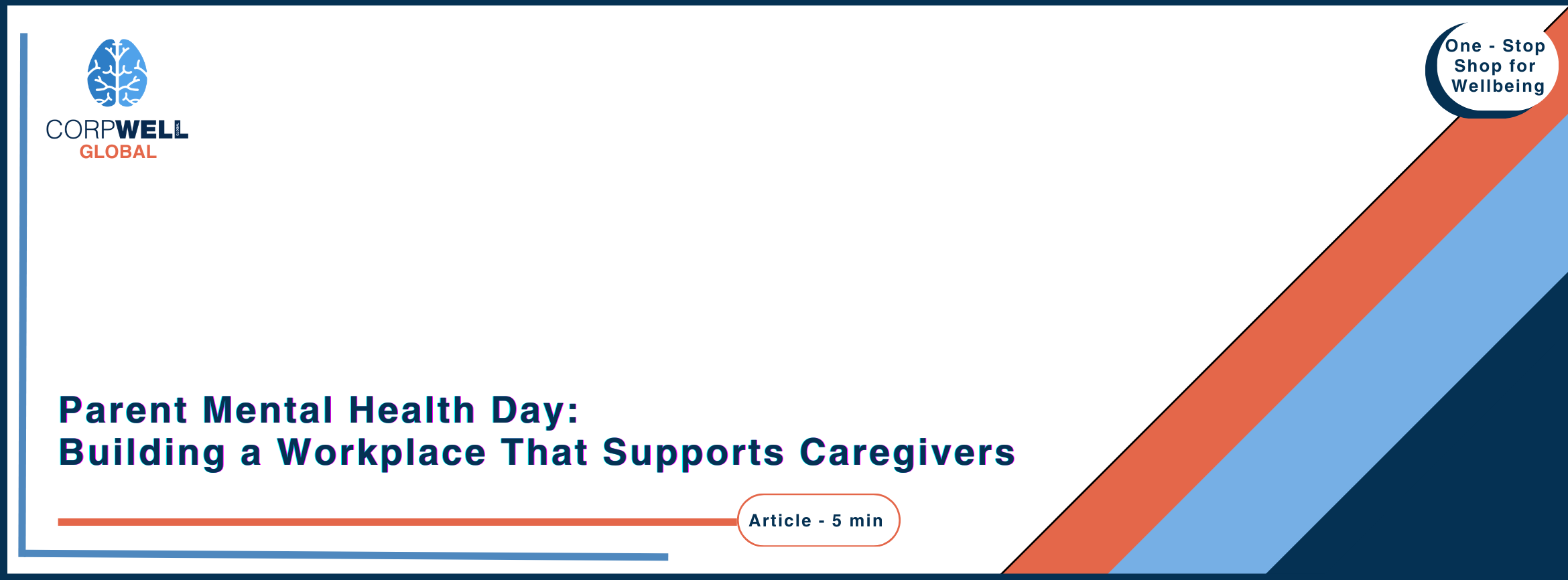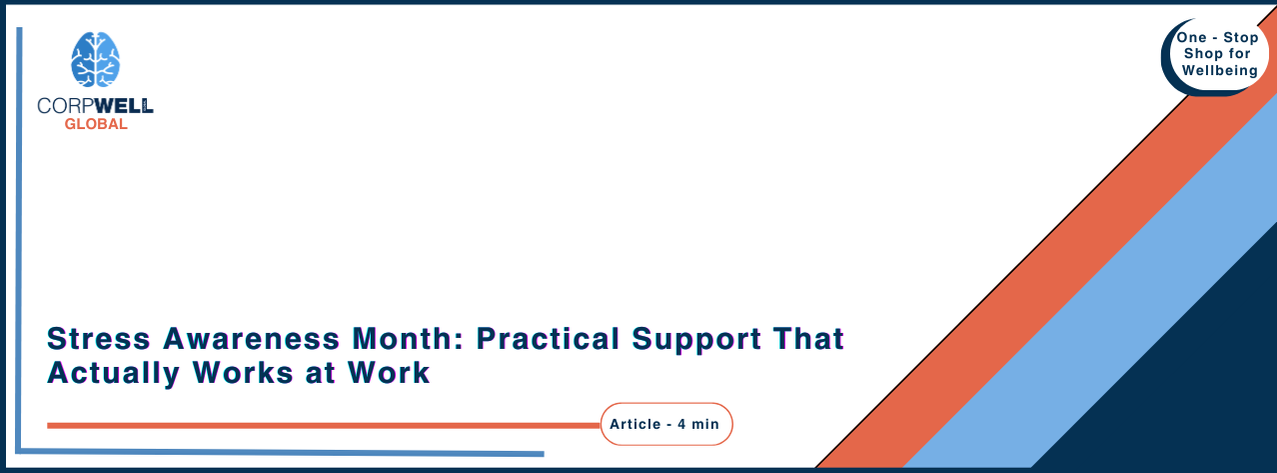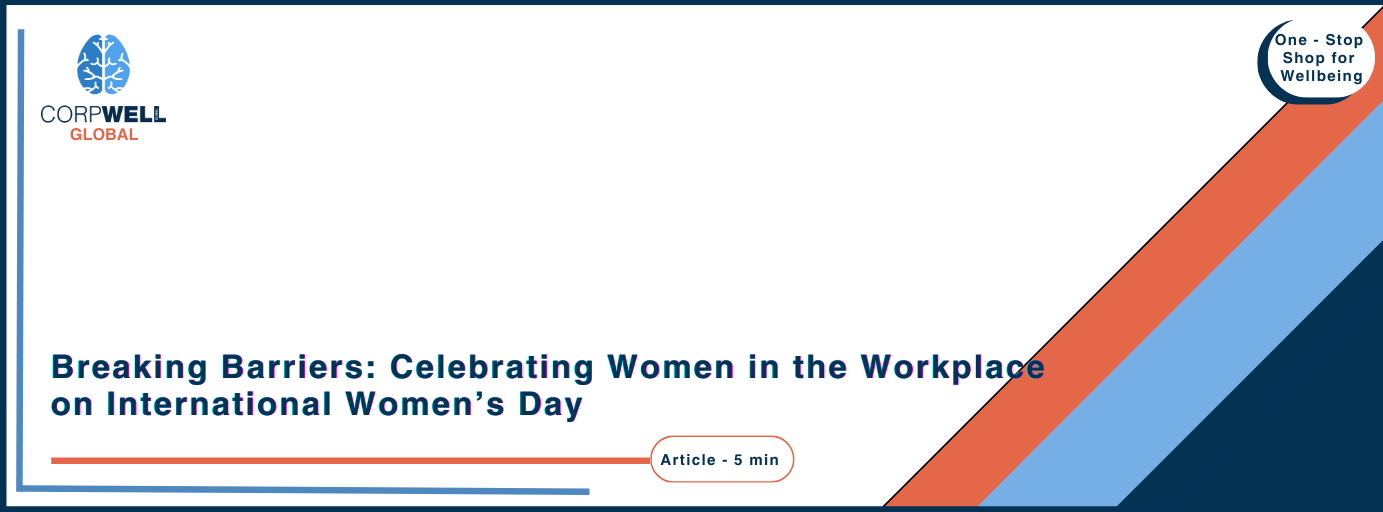
The Growing Importance of Soft Skills Training for 2025: Why It’s Time for Organisations to Prioritise Emotional Intelligence and Communication
Are You Prioritising Soft Skills Training for 2025?
If you’re a manager or HR professional, you’re likely already aware of how crucial soft skills are in today’s workforce. But with all the demands of managing teams, meeting targets, and staying ahead of the curve, it’s easy to overlook the importance of investing in these often-underestimated skills.
As we approach 2025, soft skills are becoming a non-negotiable for success. However, many organisations still struggle to implement training programs that truly resonate with their teams. For soft skills training to be effective, it must align with your overall organisational goals and support employee wellbeing.
In this article, we’ll explore why soft skills are more important than ever, how they contribute to a healthier and more productive workplace, and practical tips for integrating soft skills training into your organisation’s strategy.
Introduction: Setting the Stage for 2025
As we approach 2025, the workplace landscape continues to evolve. With technological advancements automating more processes and roles, human-centered skills—often referred to as soft skills- are becoming the real differentiators between average and outstanding employees. While technical skills remain crucial, organisations are increasingly recognising that soft skills, such as emotional intelligence, effective communication, and problem-solving, are what make teams truly excel.
This blog explores why soft skills training is essential for organisational success in the coming years and how it can empower employees to navigate challenges, build stronger relationships, and enhance overall productivity.
Section 1: What Are Soft Skills, and Why Do They Matter?
Start by defining soft skills, which include:
- Emotional Intelligence: The ability to recognise, understand, and manage our emotions, as well as empathise with others.
- Communication Skills: The ability to effectively convey ideas and listen actively, both verbally and non-verbally.
- Adaptability and Problem Solving: The capacity to adjust to change and find solutions to challenges in a dynamic work environment.
- Collaboration: The ability to work harmoniously with others, often across diverse teams or departments.
- Critical Thinking: The skill of evaluating information and making informed decisions.
In the context of 2025, many of these skills are crucial for navigating the increasingly complex and fast-paced work environment. While hard skills may get your foot in the door, soft skills open the door to long-term success.
Section 2: Why Soft Skills Training is a Must for 2025
- Adapting to Changing Work Environments
The workplace in 2025 will be more flexible than ever, with hybrid models, remote work, and digital transformation reshaping team dynamics. Soft skills like adaptability and effective communication will be essential for maintaining productivity and morale in diverse environments. - Enhancing Employee Wellbeing
As more organisations recognise the importance of mental health and overall wellbeing, soft skills like empathy and emotional intelligence will help leaders and managers better understand their employees’ needs, foster supportive work environments, and build resilience across teams. - Boosting Leadership and Team Cohesion
Effective leaders in 2025 will need more than just technical expertise. The ability to motivate teams, navigate conflicts, and support others’ development relies heavily on soft skills. By investing in leadership development programs focused on emotional intelligence, organisations can enhance employee engagement and reduce turnover. - Improving Collaboration Across Diverse Teams
With increasingly diverse and multicultural teams, soft skills are critical to fostering inclusion and ensuring everyone’s voice is heard. Training employees to understand cultural differences and to communicate effectively with various personalities will be key to creating cohesive teams.
Section 3: The Link Between Soft Skills and Employee Wellbeing
Highlight how developing soft skills not only contributes to personal and professional growth but also plays a role in overall employee wellbeing. For example:
- Empathy fosters stronger, more supportive relationships.
- Communication skills reduce misunderstandings and stress in the workplace.
- Conflict resolution skills help manage disagreements without escalating into toxic dynamics.
- Self-regulation and emotional intelligence enable employees to manage workplace stress, contributing to a healthier work environment.
As organisations increasingly prioritise holistic wellbeing, offering soft skills training is a direct investment in mental health and employee satisfaction.
Section 4: How to Implement Soft Skills Training in Your Organisation
- Tailor Training to Your Team’s Needs
Different roles and teams have varying soft skill requirements. Some may need more emphasis on communication, while others might benefit from emotional intelligence or conflict management training. Customise programs that address these specific needs. - Incorporate Real-World Scenarios
Soft skills are best developed through practice, so consider using role-playing exercises, team-building activities, and real-world scenarios in your training programs. This makes the learning process more engaging and practical. - Encourage Ongoing Development
Soft skills development doesn’t stop with a one-off workshop. Continuous learning opportunities, feedback loops, and coaching are key to ensuring employees can continually refine their skills. - Measure Impact
It’s crucial to track the effectiveness of soft skills training. Use surveys, performance metrics, and feedback to assess how well employees are applying these skills in their daily work. Over time, look for improvements in areas like team cohesion, productivity, and employee engagement.
Conclusion: The Future of Work is People-Centric
As we enter 2025, the future of work is people-centric, and soft skills are at the heart of this shift. Organisations that prioritise soft skills training not only enhance employee wellbeing and communication but also build stronger, more resilient teams prepared for the challenges of the modern workplace.
At CorpWell, we recognise the growing importance of soft skills in creating productive and thriving teams. Our tailored wellbeing programmes incorporate emotional intelligence and leadership development, ensuring employees are not only skilled but also equipped to lead with confidence, empathy, and collaboration.
If you’re looking to enhance your team’s soft skills and wellbeing in 2025, let’s talk. Contact us at CorpWell to discover how our customised coaching and training programs can support your organisation’s goals.




